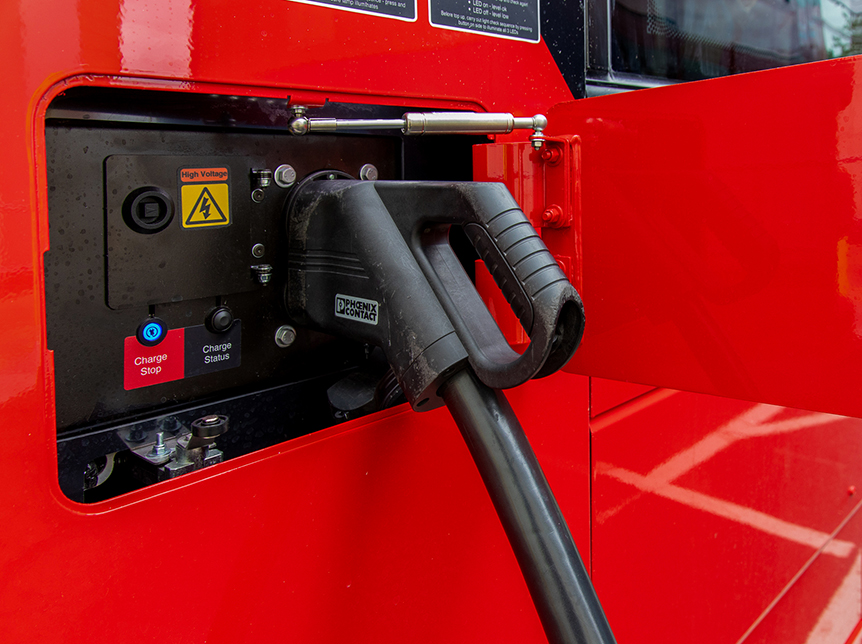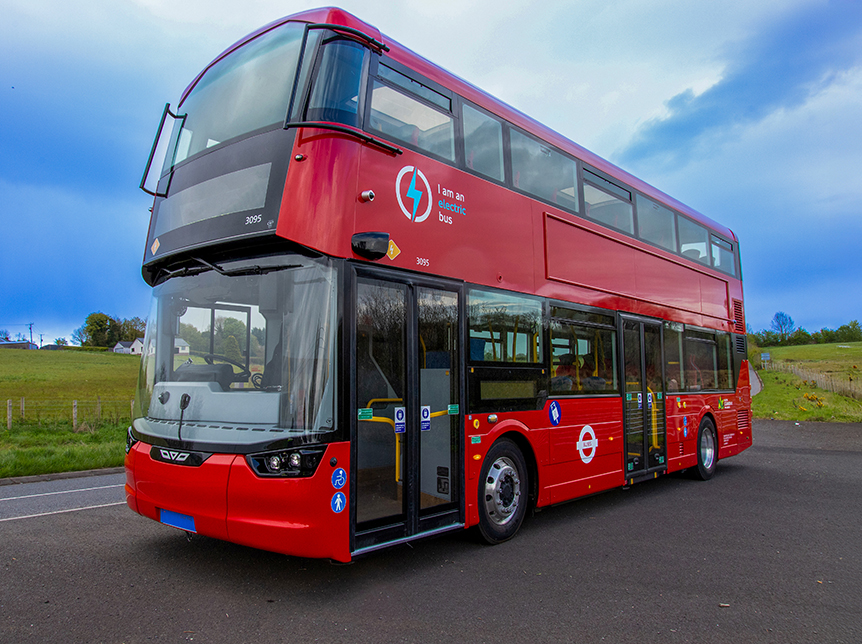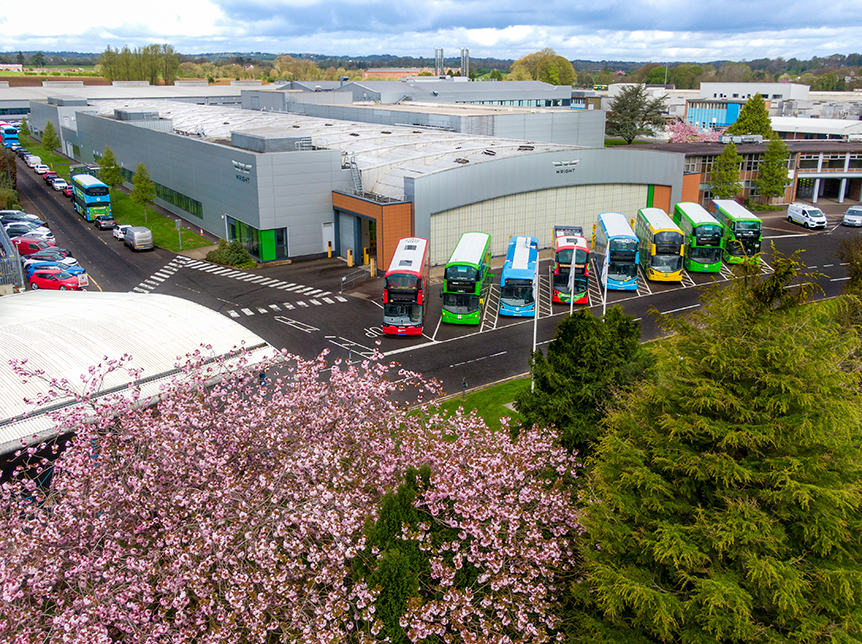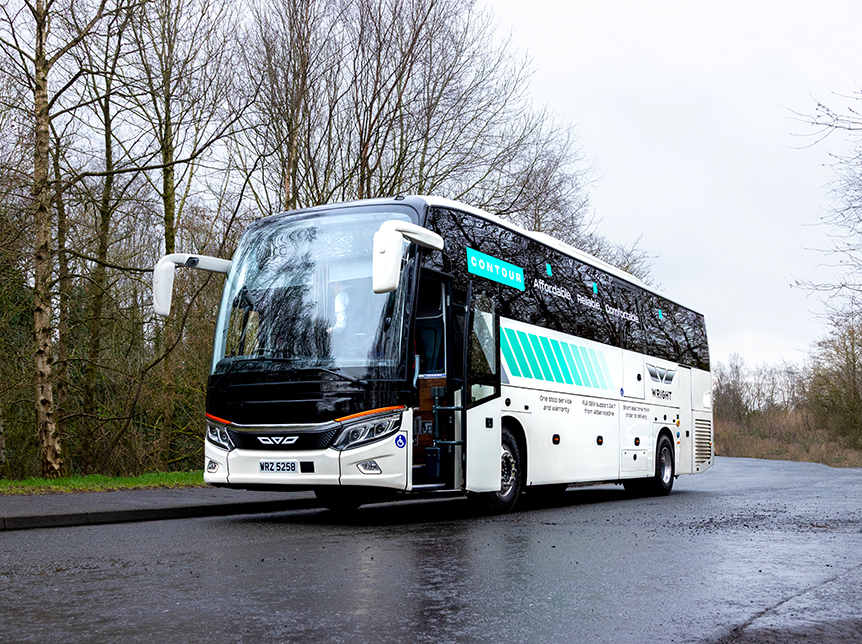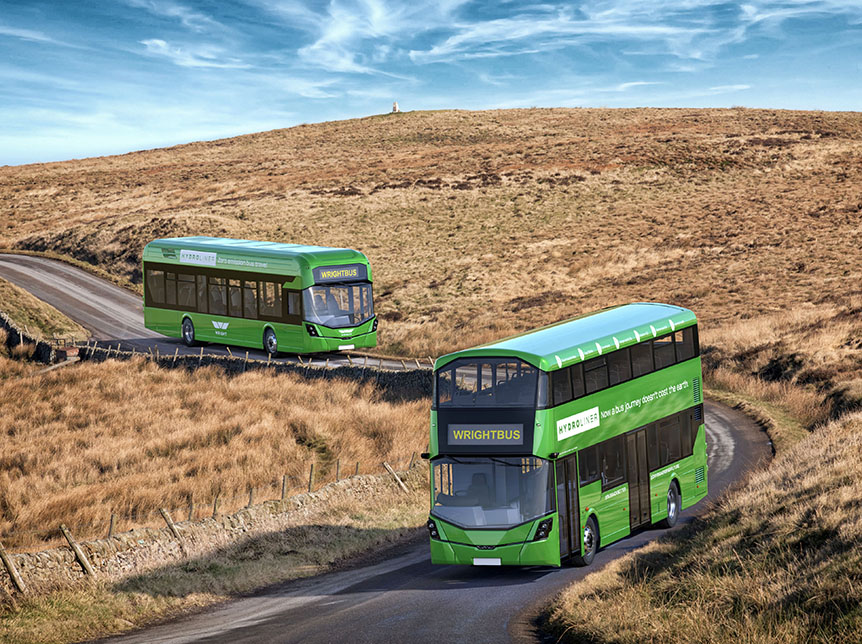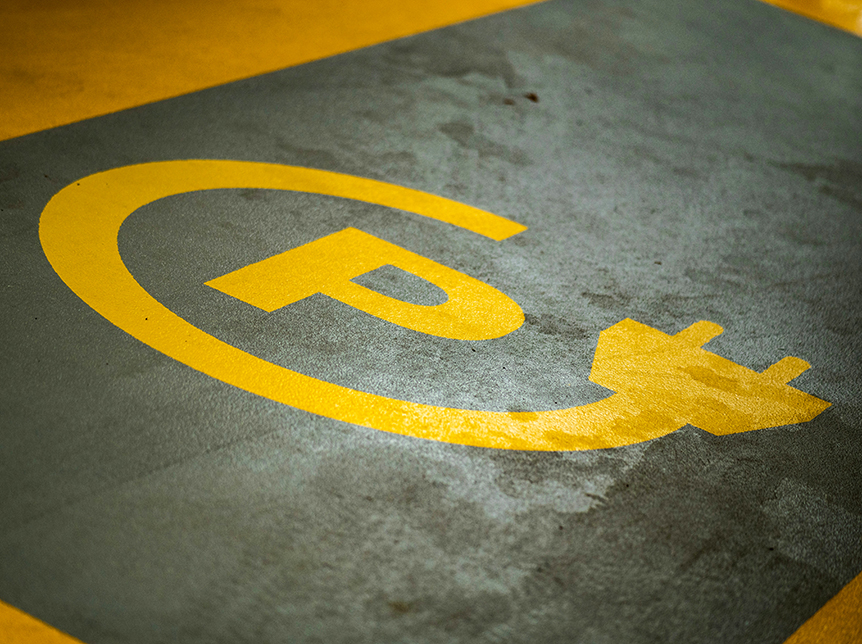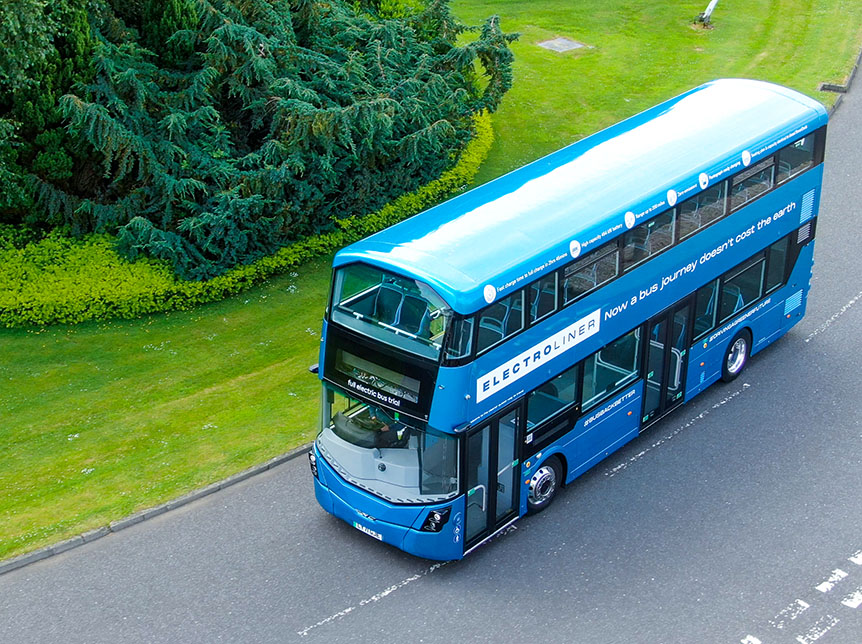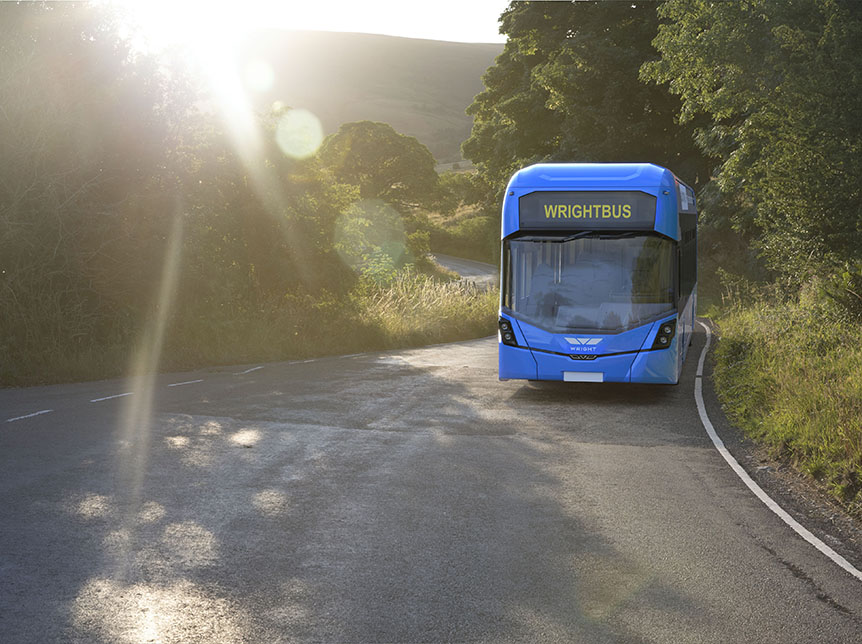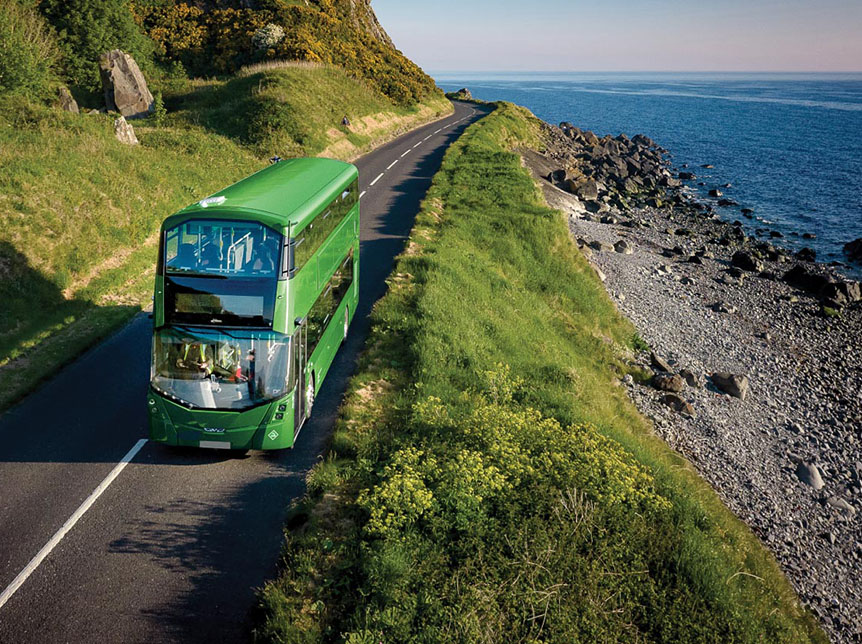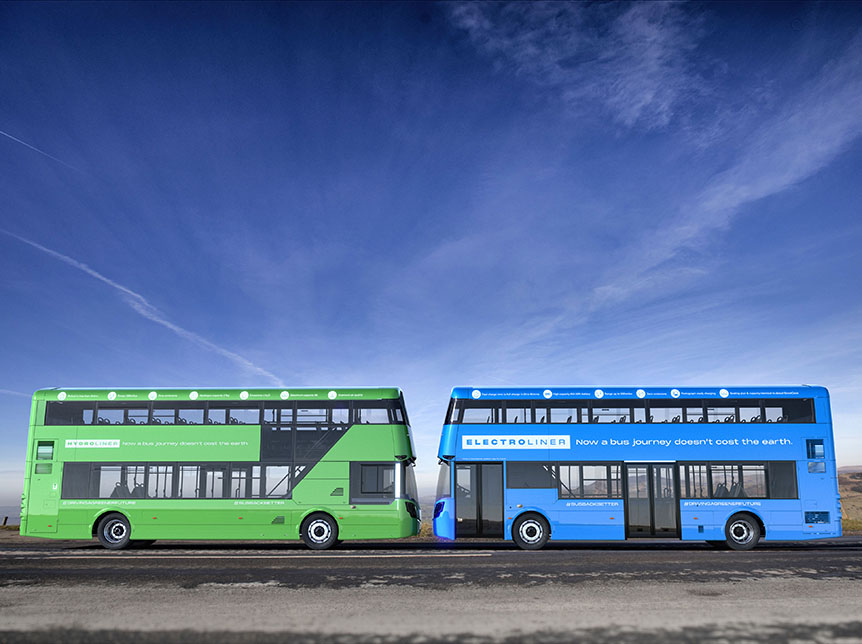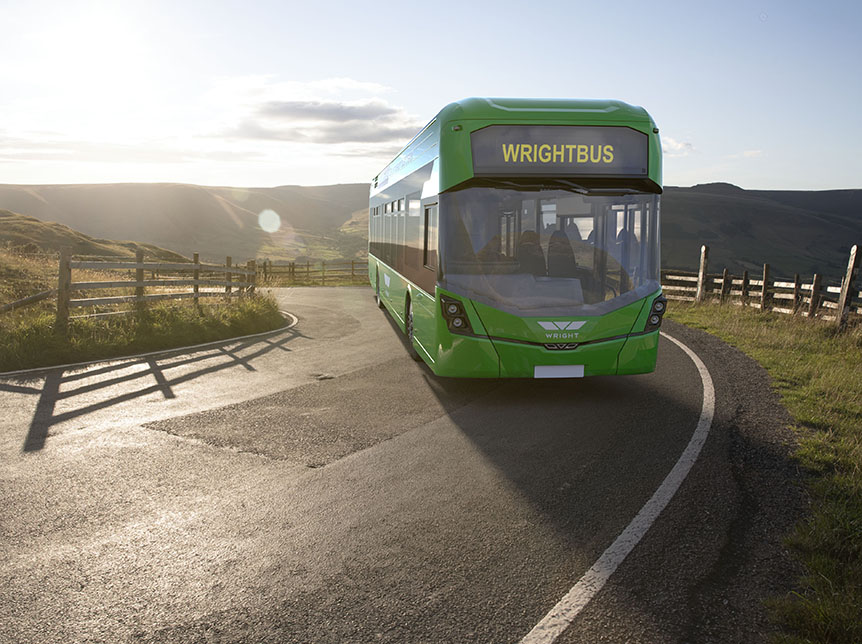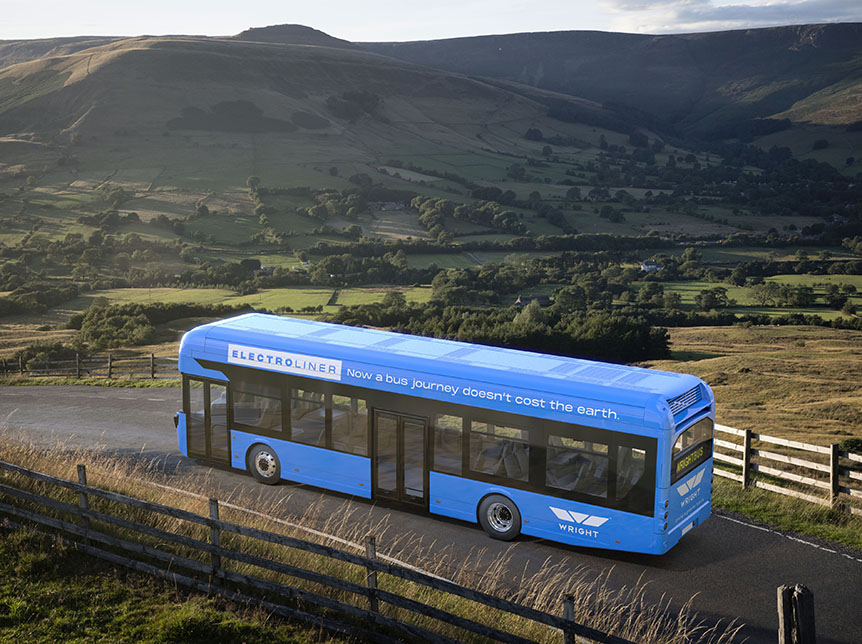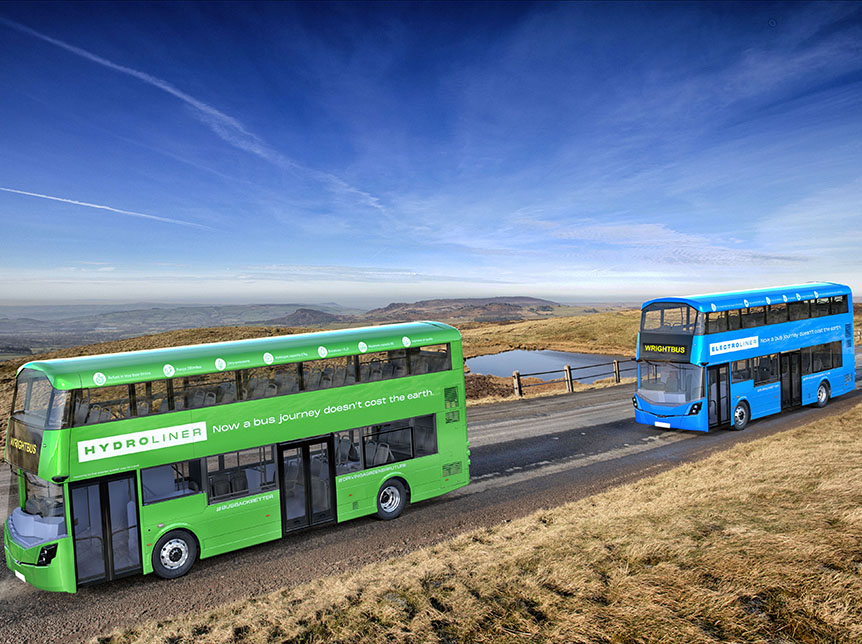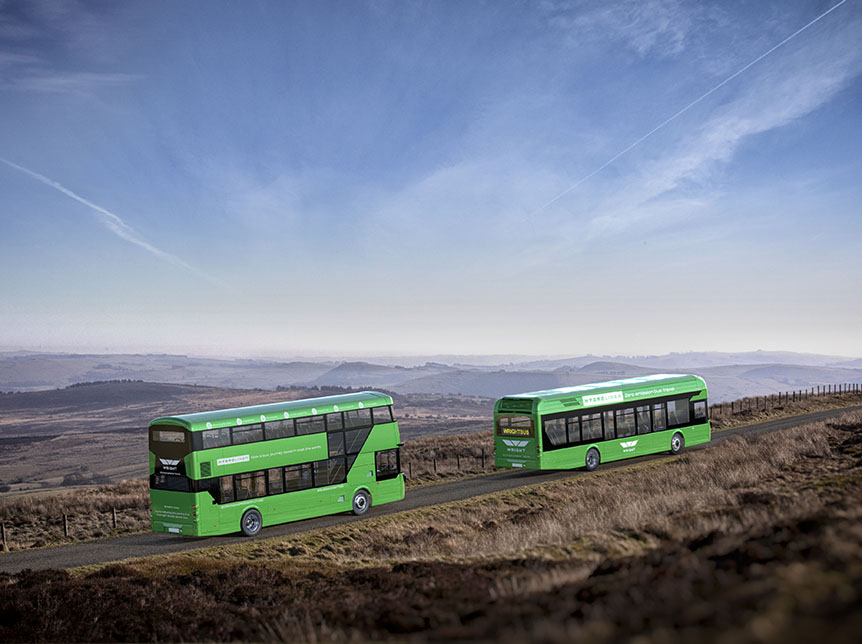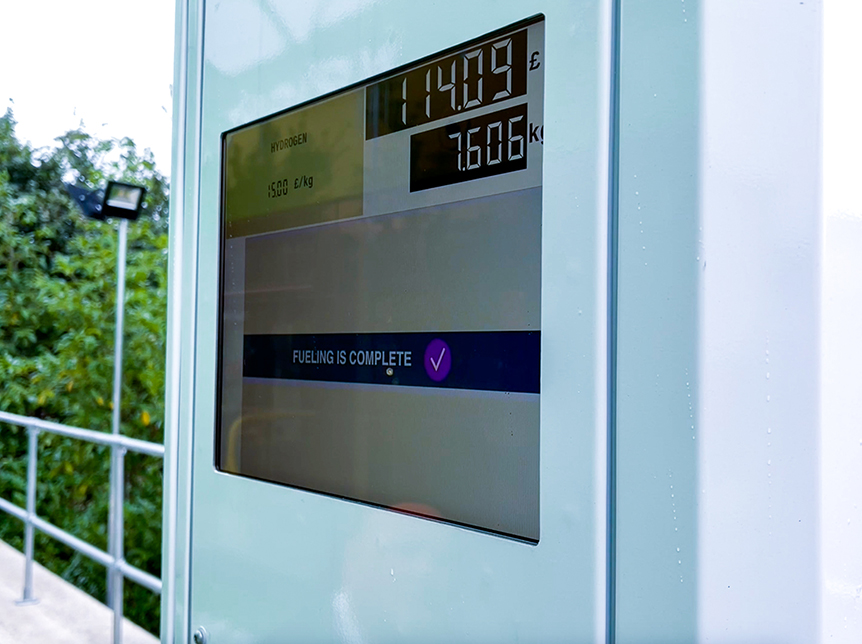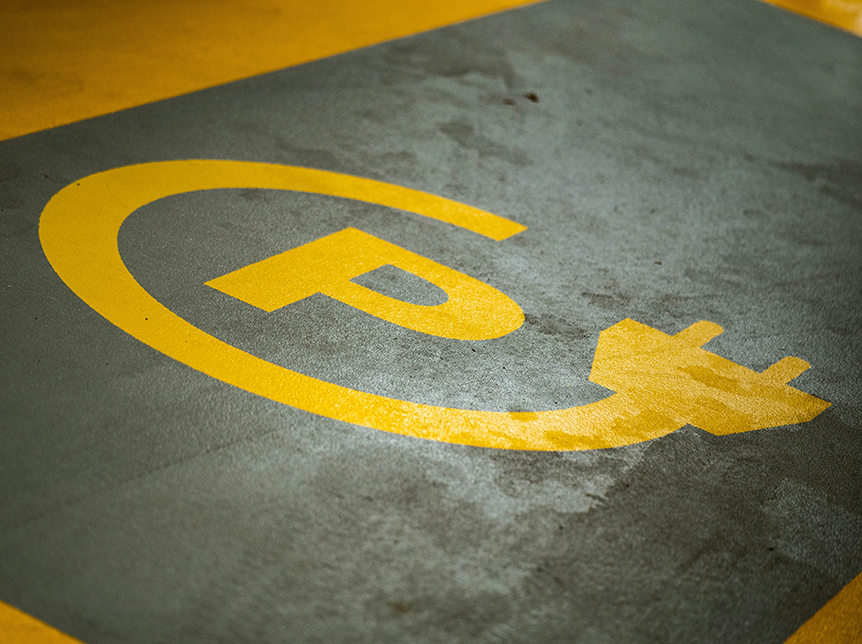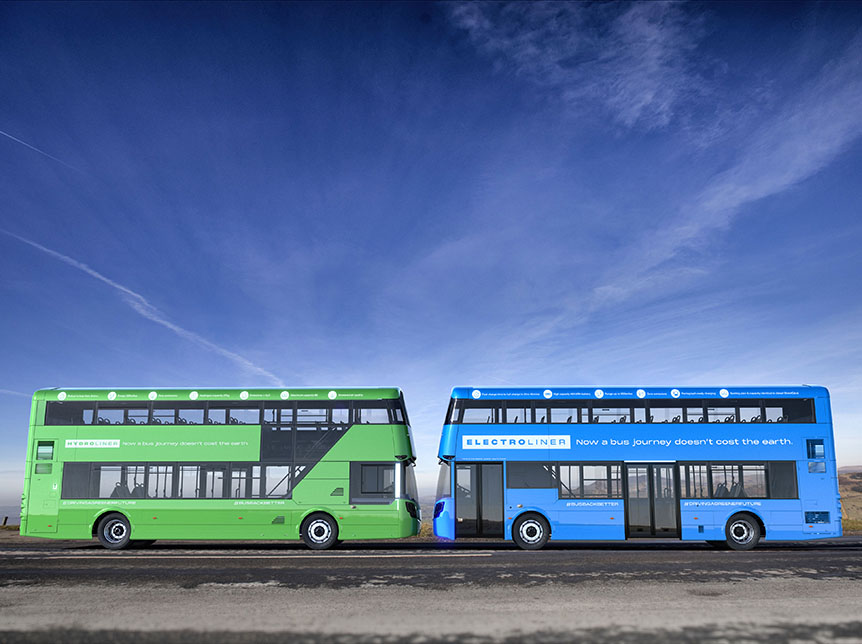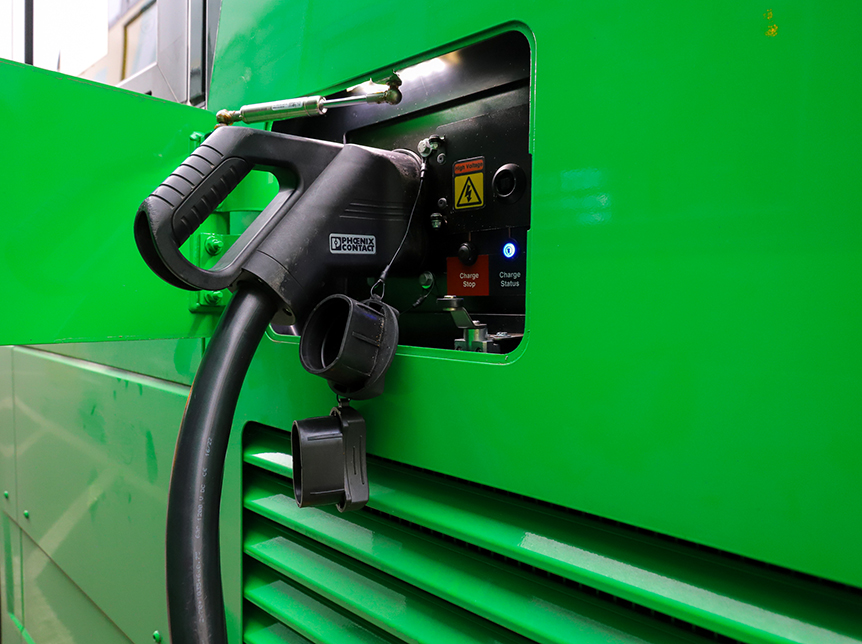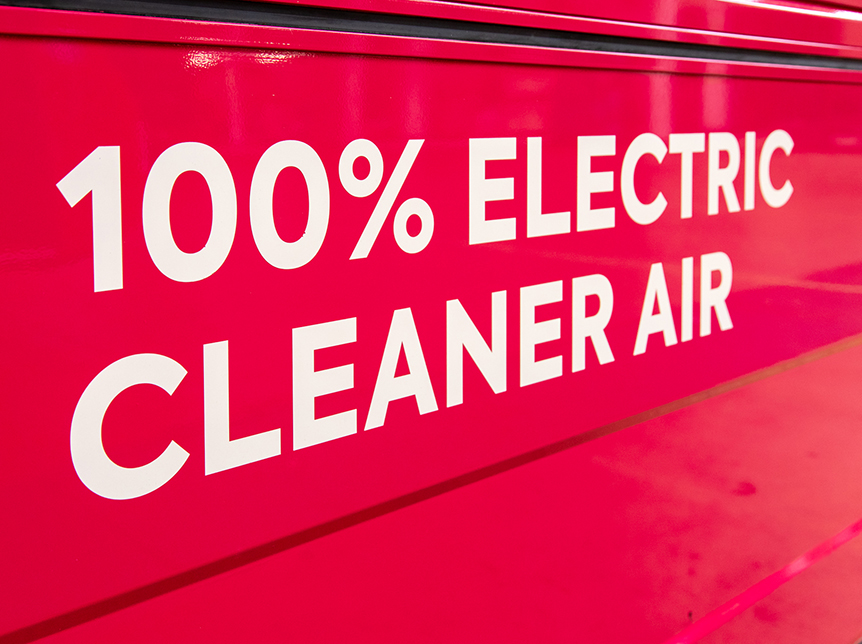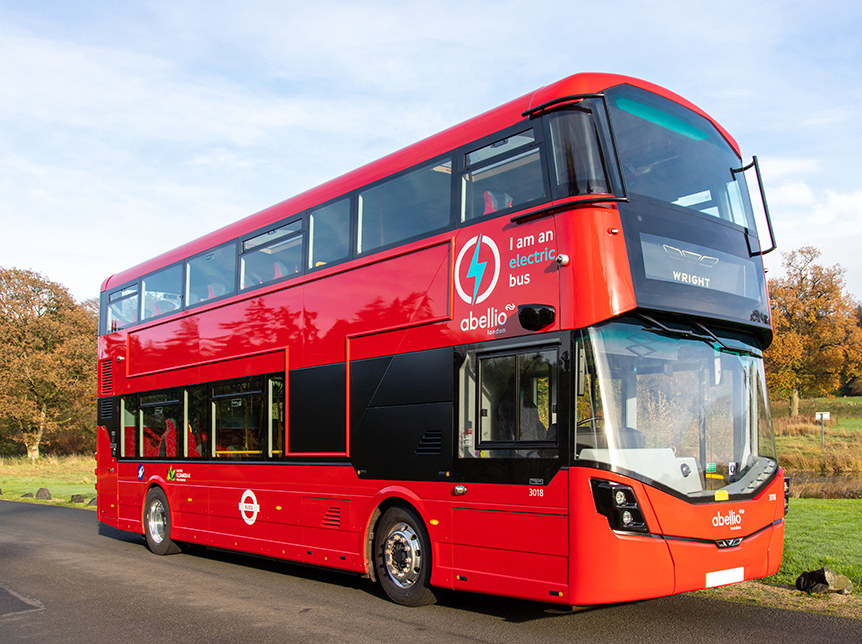
Electric and hybrid vehicles are becoming increasingly popular as more people look for ways to reduce their carbon footprint and save money on fuel costs. Here are some key things you need to know about electric and hybrid vehicles:
Electric Vehicles: Electric vehicles (EVs) use electric motors powered by batteries, rather than an internal combustion engine. They need to be charged regularly, either at home or at public charging stations, and can have a driving range of up to several hundred miles on a single charge.
Hybrid Vehicles: Hybrid vehicles have both an electric motor and a gasoline engine, and can switch between the two depending on the driving conditions. They do not need to be charged, but they can be more fuel-efficient than traditional gasoline vehicles, since they can use the electric motor for low-speed driving and the gasoline engine for high-speed driving.
Charging Infrastructure: One of the main challenges with electric vehicles is the availability of charging infrastructure. While more and more public charging stations are being built, it's important to check the availability of charging stations in your area before purchasing an electric vehicle.
Battery Life: The lifespan of an EV battery can vary depending on factors such as how often it's charged and how it's used. However, most EV batteries have a warranty of 8-10 years, and some manufacturers offer replacement batteries at a reduced cost after the warranty expires.
Range Anxiety: Range anxiety is a concern for some EV owners, as they worry about running out of power before they can reach a charging station. However, many EVs now have a driving range of over 200 miles on a single charge, which can alleviate these concerns.
Tax Incentives: In many countries, there are tax incentives available for purchasing electric or hybrid vehicles. These incentives can make the initial cost of the vehicle more affordable, and can also help offset the cost of installing a home charging station.
Cost Savings: Electric and hybrid vehicles can be more expensive to purchase than traditional gasoline vehicles, but they can also save money on fuel costs over the lifetime of the vehicle. EVs also require less maintenance, since they have fewer moving parts than gasoline vehicles.
Overall, electric and hybrid vehicles are becoming more accessible and affordable, and are a great option for people who want to reduce their carbon footprint and save money on fuel costs. As the technology continues to improve, it's likely that more and more people will be making the switch to electric and hybrid vehicles in the coming years.
Read more
The Double Decker Electric Buses: Revolutionizing Urban Transportation
Read onSingle Decker Electric Buses: Paving the Way for Sustainable Public Transport
Read onElectric Buses and Hydrogen Vehicles: Driving the Future of Sustainable Transportation
Read onHybrid Buses: The Future of Sustainable Double Decker Transportation
Read onThe Future of Public Transit: Single Decker Buses and Hydrogen Fuel Cell Vehicles
Read onExploring the Future of Transportation: Battery Electric Vehicles and Double Decker Buses
Read onNavigating Urban Landscapes: The Versatility of Single Deck Buses and Double Deck Buses
Read onLondon's Bendy Bus Legacy and the Innovation of London Electric Vehicle Company
Read onPioneering Zero-Emission Transport: The Rise of Electric Bus Companies in the UK
Read onNavigating Green Urban Transit: London's Best Electric Vehicles and Electric Buses
Read on
Get in touch
Wrightbus has been at the forefront of transport innovation since 1946, relentlessly pushing the boundaries with its commitment to quality, style and safety.
